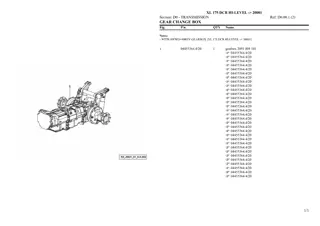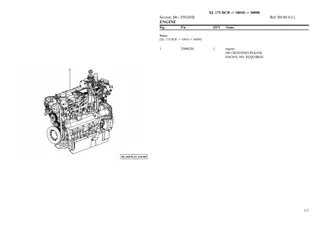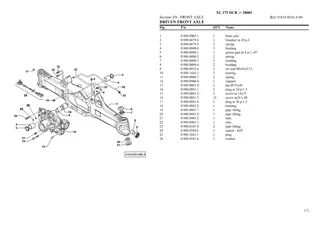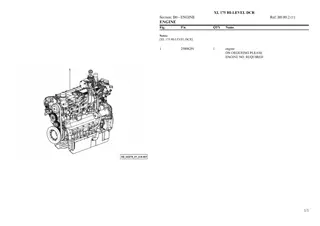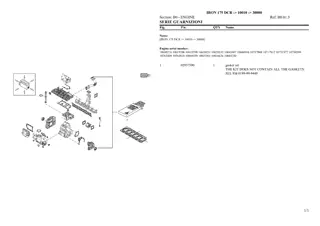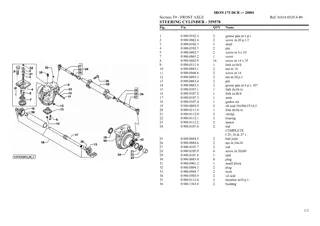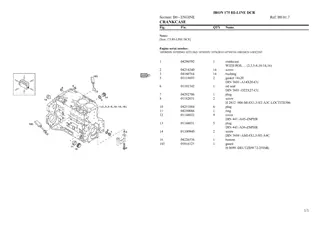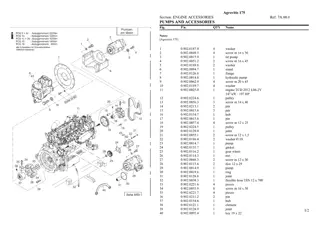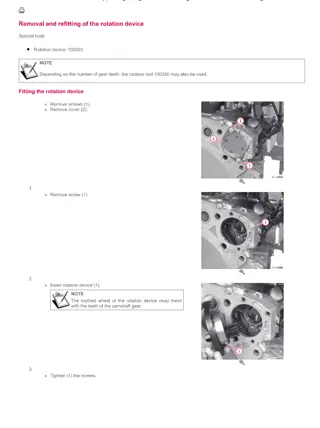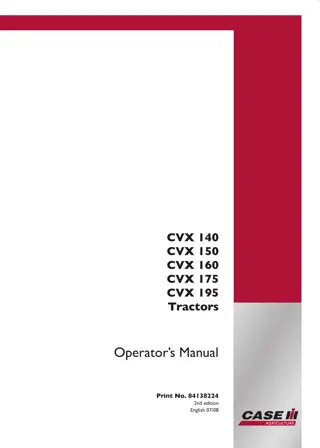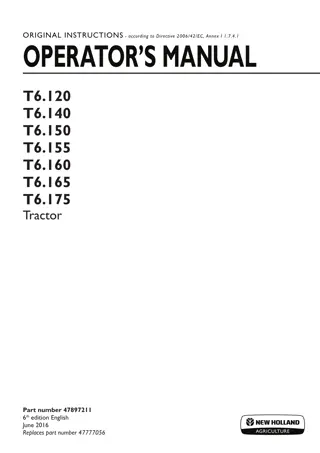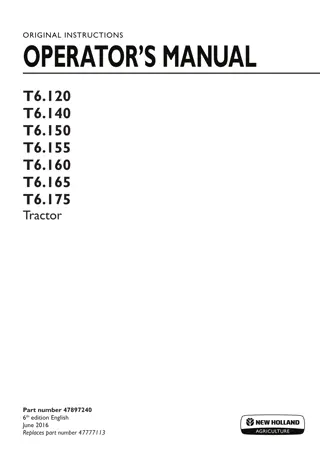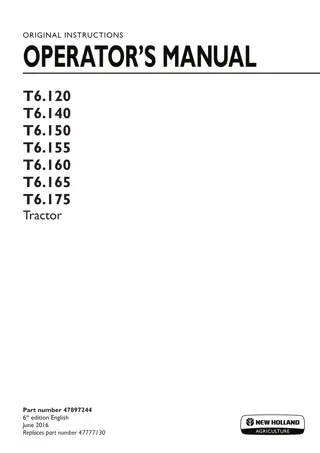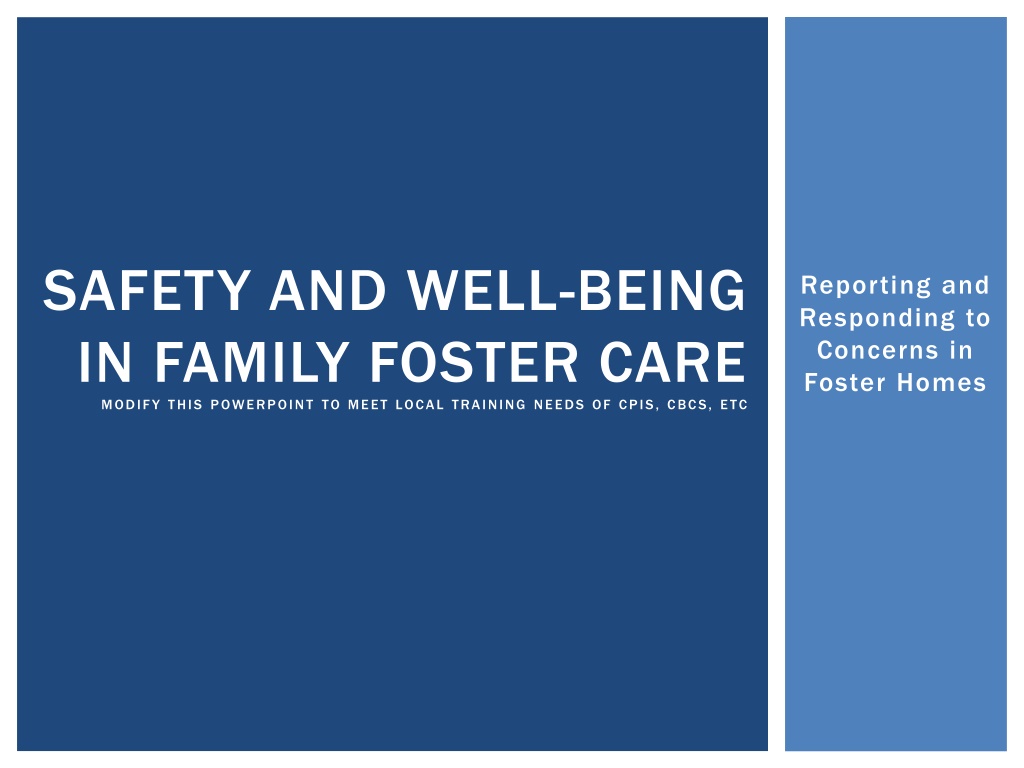
Foster Care Reporting and Response Training
Enhance your skills in reporting and responding to concerns in foster homes with this modified PowerPoint tailored to local training needs. Learn to distinguish between abuse/neglect reports and foster care referrals, understand the role of foster parents, and ensure appropriate responses to safeguard children's well-being. Successful training outcomes include reduced trauma for children in foster care, strengthened investigations, respectful support for foster families, and enhanced resources for placements.
Download Presentation

Please find below an Image/Link to download the presentation.
The content on the website is provided AS IS for your information and personal use only. It may not be sold, licensed, or shared on other websites without obtaining consent from the author. If you encounter any issues during the download, it is possible that the publisher has removed the file from their server.
You are allowed to download the files provided on this website for personal or commercial use, subject to the condition that they are used lawfully. All files are the property of their respective owners.
The content on the website is provided AS IS for your information and personal use only. It may not be sold, licensed, or shared on other websites without obtaining consent from the author.
E N D
Presentation Transcript
SAFETY AND WELL-BEING IN FAMILY FOSTER CARE MODIFY THIS POWERPOINT TO MEET LOCAL TRAINING NEEDS OF CPIS, CBCS, ETC Reporting and Responding to Concerns in Foster Homes
TRAINING OBJECTIVES Distinguish between a report of abuse/neglect and a foster care referral Describe the role of foster parents in the system Explain the importance to children and foster families for reporting/referring/responding appropriately Identify key components in responding to reports or referrals
SUCCESSFUL TRAINING WILL MEAN: Children in foster care experience less trauma Appropriate type of staff are responding (law enforcement/CPI or CBC/CPA) Investigations are not compromised but strengthened Foster families are treated with respect and supported to provide the best quality care More foster families are available to provide quality care Staff have adequate resources for placement and matching
FOSTER CARE REFERRAL OR ABUSE/NEGLECT INVESTIGATION? Foster care referrals do NOT meet the criteria for abuse/neglect investigations Foster Care Referrals refer to calls to the Hotline regarding concerns about the care provided in a licensed foster home, group home or emergency shelter that do not meet the criteria for acceptance of a report of abuse, abandonment, or neglect. {F.A.C. 65C-30.001(57)} Foster Care referrals are not handled by CPIs but by licensing or foster home support staff Abuse/neglect investigations must meet criteria specified in law and must be handled by CPIs Hotline counselors are trained to ask questions to determine the difference
MORE ON FOSTER CARE REFERRALS Foster Care referrals are most often licensing violations A common Foster Care referral is corporal punishment without injury Many situations can be managed by case management Case managers should develop relationships with local licensing staff to learn more about expectations for foster parents and child welfare partners If a concern about a foster parent is called into the Hotline that does not meet the requirements for an intake, a foster care referral will be taken
MORE ABOUT THESE FAMILIES FOSTER PARENTS: Volunteer to provide care in their homes to children in state custody Have the most knowledge and experience with the children Are partners with child protection/welfare staff, GALs, attorneys, etc Provide the most homelike setting for children when their families cannot care for them Are assessed and licensed by DCF prior to being allowed to provide care Have licensing staff assigned to support them Have specific expectations to meet (See the Partnership Plan- DCF Form CF-FSP 5226 or go to www.qpiflorida.com) Care for children who have been traumatized with a range of behaviors and needs
BENEFITS TO CHILDREN AND FOSTER FAMILIES Licensing issues are handled by staff familiar to/with the child and foster family Children are not confused or upset by an investigation Foster families have the opportunity to develop skills without feeling threatened Law enforcement is involved only in abuse/neglect reports (when required)
RESPONSE TIPS Investigations conducted by CPIs Respond with local licensing staff Communicate explain time frames, outcomes, etc Use the approach warranted for the situation Ensure foster parent knows how to get follow- up information Foster Care Referrals handled by CBCs Determine if additional services are needed Connect Foster Parents with other training and supports Use the opportunity to teach/inform/mentor Coordinate with case manager, GAL, CLS as needed Communicate next steps
RESOURCES CFOP 175-12 and CFOP 175-21 F.A.C. 65C-13.034 Complaint Investigations and Foster Care Referrals www.qpiflorida.com (training website for foster families) www.floridafapa.org/fast.html (foster allegation support team) www.fosteringflorida.com (DCF s recruitment website for foster parents) Fill in other local resources
STATEWIDE CONTACT Charles Scherer Charles Scherer Florida Department of Children and Families Florida Department of Children and Families Office of the Assistant Secretary for Operations Office of the Assistant Secretary for Operations 1317 Winewood Boulevard 1317 Winewood Boulevard Tallahassee, FL 32399 Tallahassee, FL 32399 Cell: (850) 228 Cell: (850) 228- -9715 Email: Charles_ Scherer@dcf.state.fl.us Email: Charles_ Scherer@dcf.state.fl.us 9715





